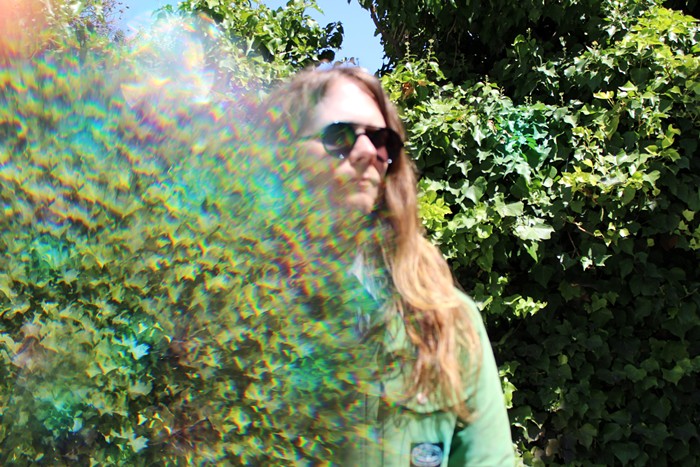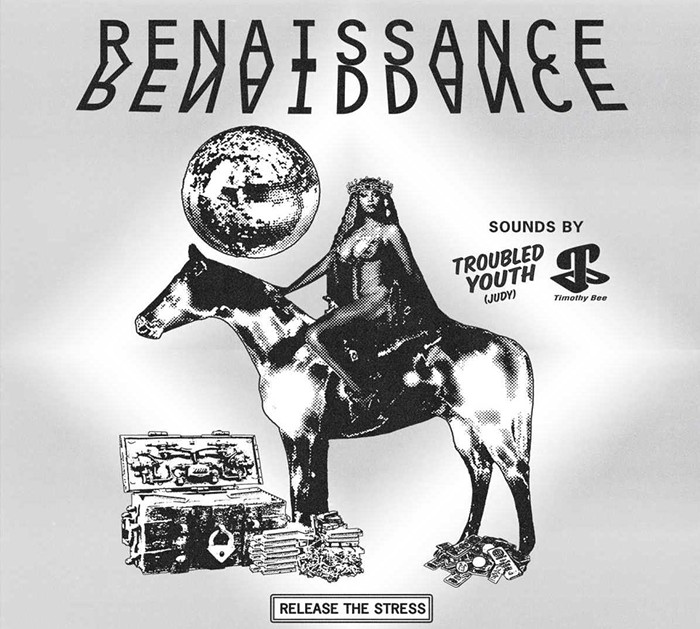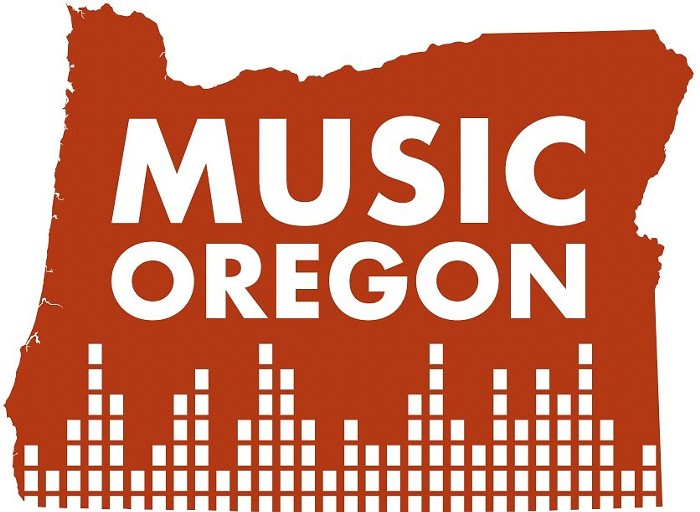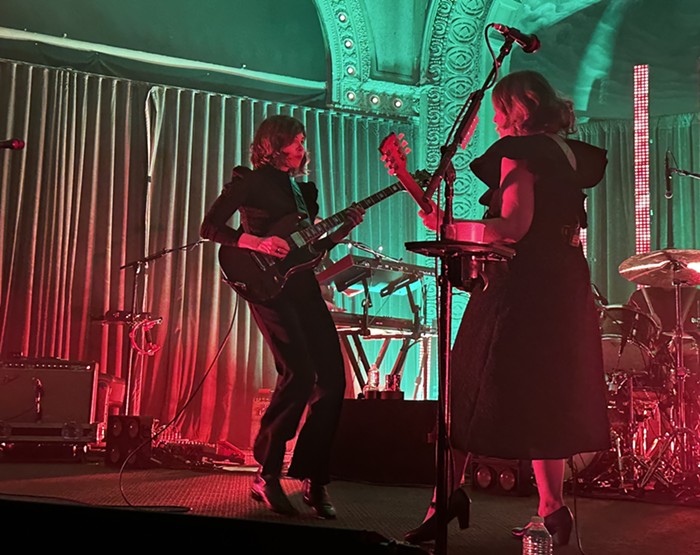The original intention of the Builders and the Butchers was to make funeral music, but on the way to the cemetery something changed. Instead of heads hanging low and mournful elegies to the deceased, this local ensemble turned the funeral plot into a graveside party by way of the junkyard. Liberally grabbing from bluegrass, country, and punk—armed with just about any instrument they came across—this band has accidentally stumbled upon something incredible:a very distinctive and interactive way to create and present music.
The Builders and the Butchers are best thought of as our town's version of a New Orleans-style funeral band, with an upbeat take on the farewell requiem. While their songs might hint of country porch stompings or rural bluegrass jamborees, the band shakes free of any one distinct sound. Instead they flourish by turning dirges into odes to life and loss, the mysteries at the bottom of the lake, and the creeping haunt of a Spanish influenza. The vivid songwriting and pulsating junkyard orchestration bring to mind Rain Dogs-era Tom Waits, another performer who picks and pulls from various genres at will, without ever saddling up to any one.
Another unique element of the band is how the players raise the volume on instruments that are traditionally played at a quiet level. Mandolinist Harvey Tumbleson proudly abuses the instrument with the fervor of a devoted heavy metal fan (which he is), who just so happens to play a piece of equipment that begs to be plucked, not punished. The pipes of frontman Ryan Sollee let loose a soulful moan that seems curiously out of place, considering his Alaskan upbringing. And snare drummer Ray Rude's brush drumming, no matter how chaotic, is a far cry from his digital assault days fronting the glitch-noise band Konami Defense System.
The ramshackle assembly of mangled instruments that the Builders and the Butchers tote around, ranging from bruised mandolins to a handheld bullhorn, helps the band knock down the barrier between performer and spectator. The group—who often prefers the floor to the stage—lends various instruments to the surrounding crowd. In turn, the band's ever-growing fanbase engulfs the performers in a circle of clapping bodies, and adds a sloppy chorus of vocals, thunderous stomps, and clanging percussion to each and every song. Of course, handing over your livelihood to the crowd comes with a few drawbacks.
"One time someone in the audience got a hold of a floor tom at a show. They were pretty wasted, and it wasn't pretty. I was desperately trying to hold the tempo together," says Rude.
The act of knocking down the invisible wall and letting everyone into the band is a sincere gesture, one that the band would hate to come across as a gimmick. Says Rude, "There's been a few shows where we can't always leave the stage. But we try to get everyone involved, and it's fun to be interactive with fans." He adds, "I just don't want it to be our shtick, to be known as the band that always play offstage."
It won't be, with the Builders and the Butchers' recorded output—their self-titled debut on the local Bladen Country label—just as noteworthy as their live show. As long as the band continues to bark out Gothic Americana tales of hard-luck living, brushes with the law, and the fragile balance between life and death, they'll be just fine, onstage or off.


















